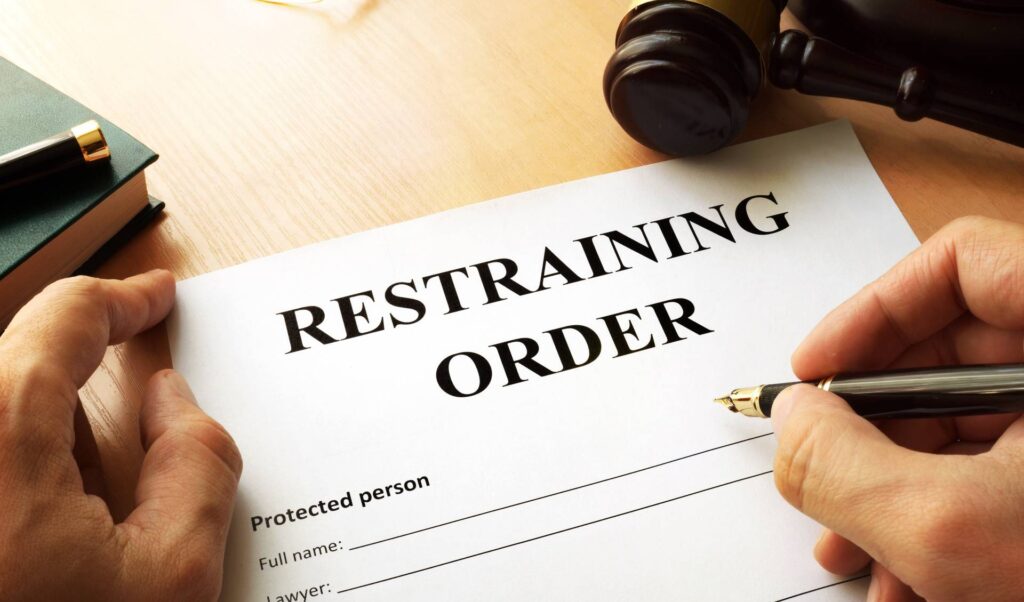Fraud is a complicated crime because it could refer to a number of different crimes, each of which looks incredibly different from one another in practice. But they are bound together by the general trickery behind them.
While the concept of what is fraud might seem nebulous, the punishments that come with a guilty verdict are nothing but serious. If you want to avoid the worst, you need to act quickly to work with your attorney to put together a defense. That’s what we’re going to dig into today.
We’ll start by spending a little more time understanding what fraud is, as a definition of the crime is necessary for a proper defense. Which is what we’ll look at next, some common defenses that can be used against a fraud charge here in Boston. Finally, we’ll talk a little more about those penalties for being found guilty that we mentioned earlier.
What Does Fraud Charges Cover?
There are actually quite a few different crimes that we call fraud. As mentioned above, they may seem unrelated but they are connected by the idea that one party is trying to gain something from the other through fraudulent means. Or, to phrase it differently, one party is using fraudulent means to deprive another of something.
You could be facing fraud charges for a number of reasons, including but not limited to:
- Bank fraud
- Tax fraud
- Securities fraud
- Mail fraud
- Wire fraud
- Insurance fraud
- Financial fraud
- Healthcare fraud
- Money laundering
- Prescription drug fraud
- Forgery
- Internet fraud
- Welfare fraud
- Identity fraud
- Credit card fraud
Since we can’t look at all of these in more detail, let’s examine bank fraud closer and use it as an example throughout.

Bank fraud could refer to a number of different activities, but they all share in common that illegal means were used to try to access money from a bank or similar financial institution. So this could be done by:
- Forging a check and passing it off as the real thing
- Impersonating a bank and convincing others to leave funds with you in the form of a “deposit”
- Stealing other people’s checks and depositing them as your own (which could open you up to several more charges, as well)
- Taking out fraudulent loans by means such as using a false or stolen identity
- Depositing an empty envelope into an ATM but claiming it has money for the purposes of making an immediate withdrawal
So as you can see, the ways of committing even just the crime of bank fraud may look quite different from one another in practice. In order for this crime to be tried, it needs a broader stroke approach than say a battery case where it had to be shown that a specific action was taken. Fraud cases spend a lot of time focused on the individual’s intent behind their actions.
What Are Some Common Defenses Against Fraud Charges in Boston?
- Lack of Intent: Mistakes happen. Perhaps you meant to deposit your check but got distracted and sealed the envelope before you put the check-in. Whatever the reason, intent plays a major role in these charges and so if you can show a true lack of intent to defraud then it could be a strong defense.
- Lacked Mental Capacity: If an individual lacks the mental capacity to be aware of their actions then they shouldn’t be held accountable for those actions. If it can be shown that you lacked the mental capacity to be aware of what you were doing then it may be a solid defense, though it’s nearly impossible without some kind of evidence.
- Mistaken Identity: Often there is more than one victim in a fraud case. There is the individual who has been defrauded and there is an individual who has had their identity stolen by the fraudsters. Using a stolen identity is a way of making it harder to trace the crime back to the perpetrator but it can result in the victim of identity theft being charged with fraud.
- No Risk of Loss: Fraud relies on the idea that the perpetrator was looking to deprive the victim of a possession, asset, or the like. But this implicitly implies that there has to be a risk of loss for a crime to have been committed. This means that if it can be shown that there was no risk of loss suffered then there was no crime.
- Violated Your Rights: What evidence does the court have against you and how did they get that evidence? If your rights were violated by an illegal search and seizure, or any other number of illegal actions that could have been taken against you by law enforcement, then you may be able to have the case dismissed.
What Are the Penalties for a Fraud Conviction?
This is a hard question to answer. Fraud is a large category and so there are a number of different penalties depending on the type of fraud committed.
To continue our bank fraud example, if you were trying to rip off the ATM you would be charged as if you had committed an act of larceny. So the punishment would depend on how much money you tried to steal in this manner and what that amount corresponds to for punishments under the crime of larceny. However, if the bank fraud was committed by a bank employee then the punishment could be up to 15 years in prison.

That’s a pretty big difference and again that’s only within bank fraud alone. If you are unsure of how the fraud you are charged with is handled, further research or a discussion with an attorney is recommended.
When Should I Speak to an Attorney?
You should speak to an attorney as soon as you are charged with fraud. It is a complicated charge and it requires a thorough investigation in order to gather evidence and build a solid defense. The sooner you speak with a fraud attorney, the sooner you can get some answers and start working on a solution.









